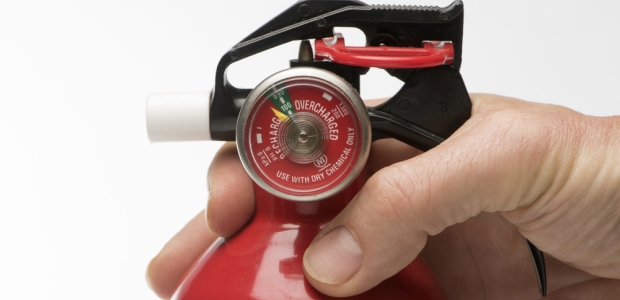
USFA Offers Thanksgiving Safety Tips
Thanksgiving is the peak day for home cooking fires in the United States, with on average twice as many home fires occurring on Thanksgiving Day as the average number of fires in homes on all other days of the year.
Thanksgiving is the peak day for home cooking fires in the United States, with on average twice as many home fires occurring on Thanksgiving Day as the average number of fires in homes on all other days of the year. The U.S. Fire Administration thus offers safety tips for this important week of the year.
Annually from 2011 to 2013, an estimated 2,100 residential building fires were reported to U.S. fire departments Thanksgiving Day, and they caused an estimated 10 deaths, 50 injuries, and $28 million in property loss, according to USFA, which also reports that average property losses for residential fires on Thanksgiving are lower than the average property loss for residential fires on other days of the year.
In most cases, patterns of fire incidence on Thanksgiving Day differ substantially from the national fire profile. In order to prevent fires and associated loss on this particular holiday, we need to be aware of how fire incidence differs from the overall fire profile in the United States.
"Help keep your community and organization safe by sharing the following safety tips and social media resources. This way everyone can have a happy and safe Thanksgiving," the agency noted in its Nov. 19 message about preventing these fires. It included these tips:
- Stay in the kitchen when you are cooking -- frying, broiling, or boiling -- at high temperatures.
- Make your cooking area safe: Move things that can burn away from the stove and turn pot handles toward the back so they can't be bumped.
- Watch what you're cooking. Use a timer when roasting a turkey or baking.
- Be prepared: Keep a large pan lid or baking sheet handy in case you need to smother a pan fire.
- Stay awake and alert while you're cooking. If you see smoke or the grease starts to boil in your pan, turn the burner off.
- Prevent burns. Wear short sleeves when you cook or roll up your sleeves. Don't lean over the burner. Use potholders and oven mitts to handle hot cookware.
- Turkey fryers can easily tip over, spilling hot cooking oil over a large area.
- An overfilled cooking pot will cause cooking oil to spill when the turkey is put in and a partially frozen turkey will cause cooking oil to splatter when put in the pot.
- Even a small amount of cooking oil spilling on a hot burner can cause a large fire.
- Without thermostat controls, deep fryers can overheat oil to the point of starting a fire.
- The sides of the cooking pot, lid, and pot handles can get dangerously hot.